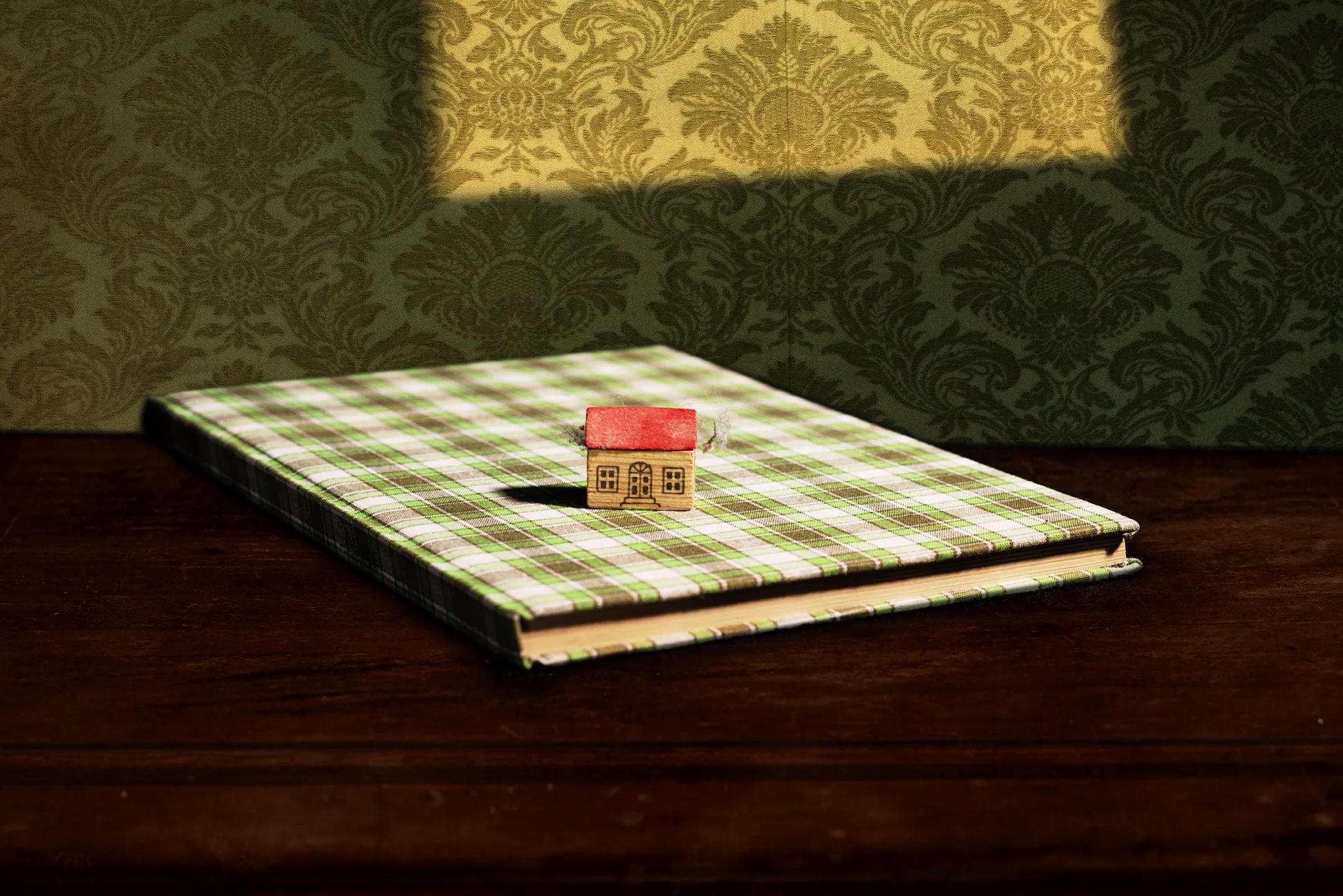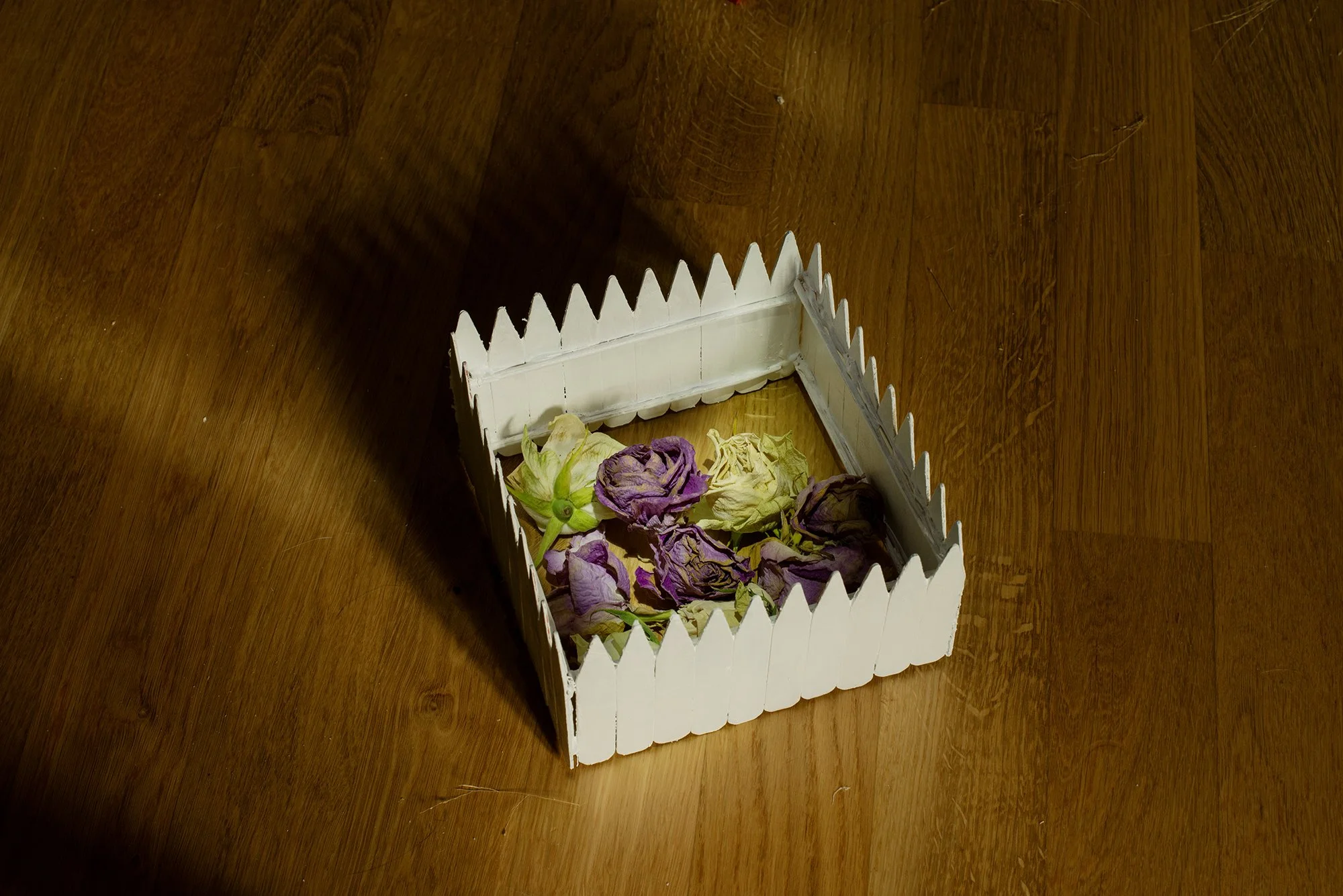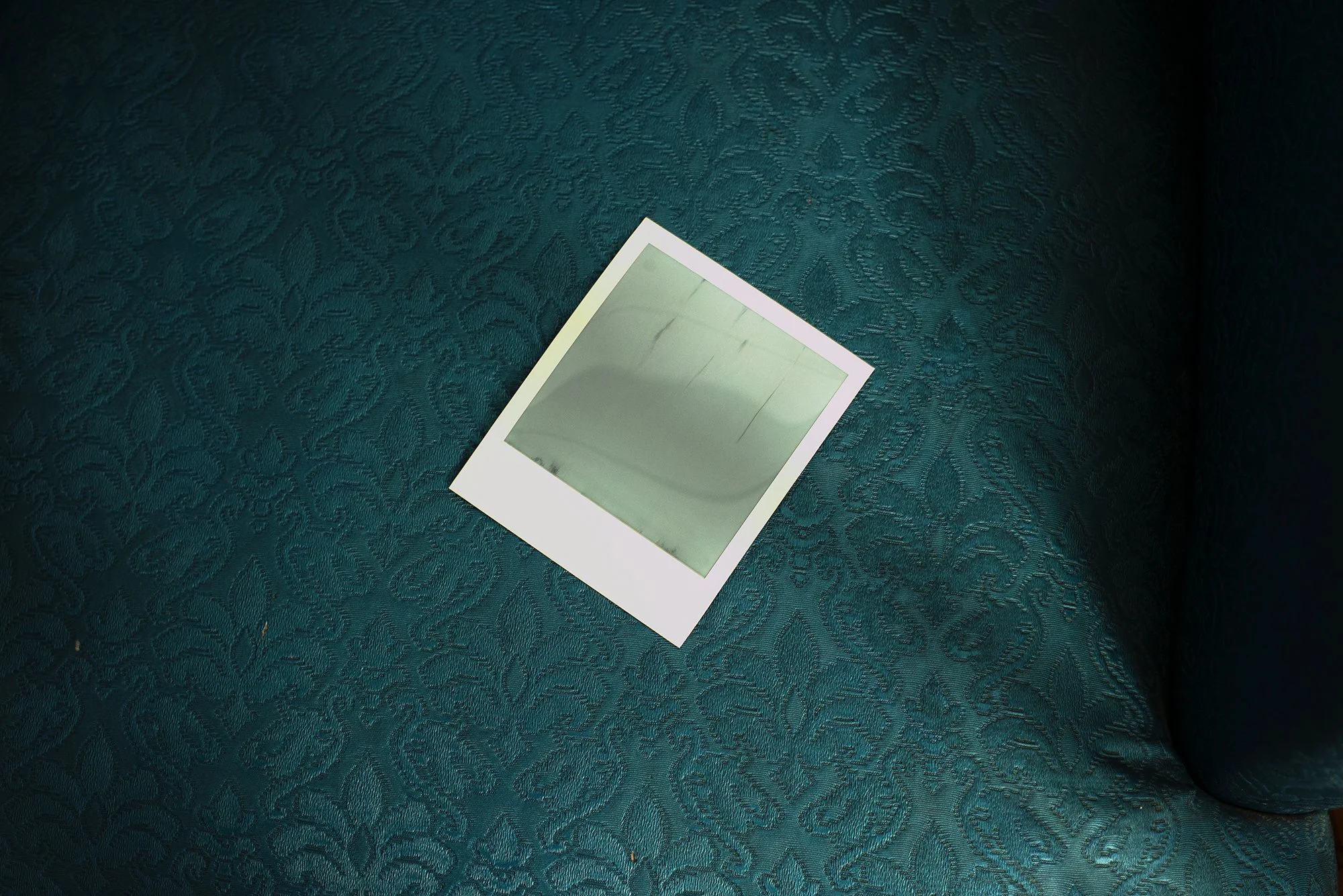Interview and spotlight: Jennifer Georgescu, ‘I Know all the Songs by Heart’
In this feature, Jennifer Georgescu presents her body of work, I Know All the Songs by Heart, through both a statement about it and an insightful interview. She reflects on how the project was created, her process and her works relation to mental health, accompanied with a selection of photographs from the project.
I Know all the Songs by Heart
After the tragic death of my brother, I struggled to see any meaning in the world around me. I thought of all of his favorite songs just dispersing out there into nothingness. I tried to conjure him up by searching through my memories of him for ones that I may have forgotten, and I tried to collect stories about him that I may not have heard. I was unwilling to let him go. He remained so close in my recollection that I could still feel his presence here on Earth and I began to search for any signs of his continued existence.
Within the depths of my grief I began to notice, what I referred to, as tiny miracles. Experiencing a formation of the clouds or watching as a breeze gently rustled the trees, began to feel like a messages or glimpses into the beyond. The veil separating here and there felt frightfully thin yet I was becoming hyper aware of moments that brought me awe.
I began to document photographic representations of my emotional states, incorporating myself and my 2 sons, as references to memory and childhood, while struggling to imagine a future in which my brother no longer existed. These images are the process of my grief and my learning to accept not knowing.
I hope that my still feeling his presence indicates that he is out there somewhere in the cosmos existing on a plane beyond my understanding. Perhaps he is the feeling of home, the place where we all long to return to.
How did you begin this project?
I began this project in 2021 following the death of my brother with whom I was very close. It remained so easy to conjure him up in my mind that I had a hard time accepting that he was no longer here. I imagined everything he loved dissipating into nothingness and I sought to catch every bit of him that I could. I searched for memories that I may have forgotten and I sought out the memories of others to somehow continue the story of his existence for a while longer, if only in my mind. When those were exhausted, I had to look for signs of his continued existence elsewhere.
I took solace in knowing that if he was able to communicate with me he would, and I looked for moments that brought me awe and reminded me that I still here. I began photographing moments where the light seemed too perfect, or when a small tunnel between the trees looked as if it could be a portal to the unknown. I became marveled in times of beauty and I felt more at peace with longing.
How does mental health or wellness factor in your work?
I understand the language of photography and I am able to come to terms with complex experiences by channeling my thoughts into emotional symbolism. Photography has allowed me to really fixate and to research themes that I find important in my life. It has allowed me to be introspective and purposeful. I have also gained so much from the support and unique perspectives of other photographers.
What is your process like?
In my earlier days as a photographer, I shot with medium format film and I was drawn to exploring the manipulation of a photograph by vantage point, multiple exposure or photo-montage. The downside was that using film was expensive and I learned to really plan out the exact image that I was after. Eventually, I moved on to digital photography as a means to have more freedom and play in my work but I never lost the core idea of having a preconceived intention. My work is methodical and I prefer to make it alone, using myself as a model or those closest to me. I have recently been pushing myself to create photographs more organically.
What is your relationship to photography?
I am still a believer in the photograph’s link to truth. A photograph captures the idea of reality through its embedded history as a medium, and the way we have used photography as a means to document our memories. After being exposed to countless “fake” images, we still feel drawn to ask about how a photograph was made in addition to why. For me it’s greatest power is allowing me the ability to create a dream that exists outside of myself.
If readers would like to see more of your work, where can they do so?
My website www.jengeorgescu.com and my instagram @jengeorgescu














